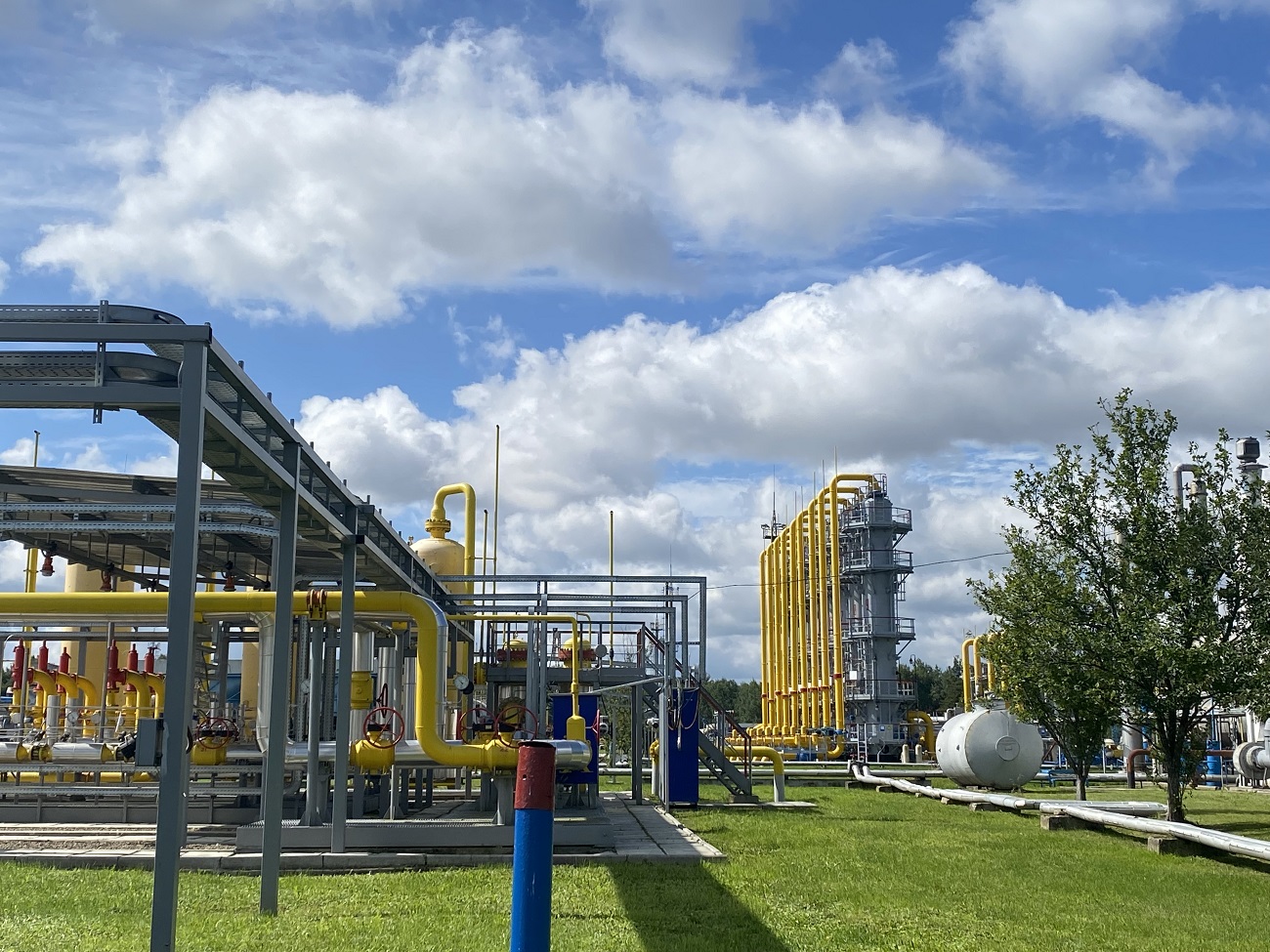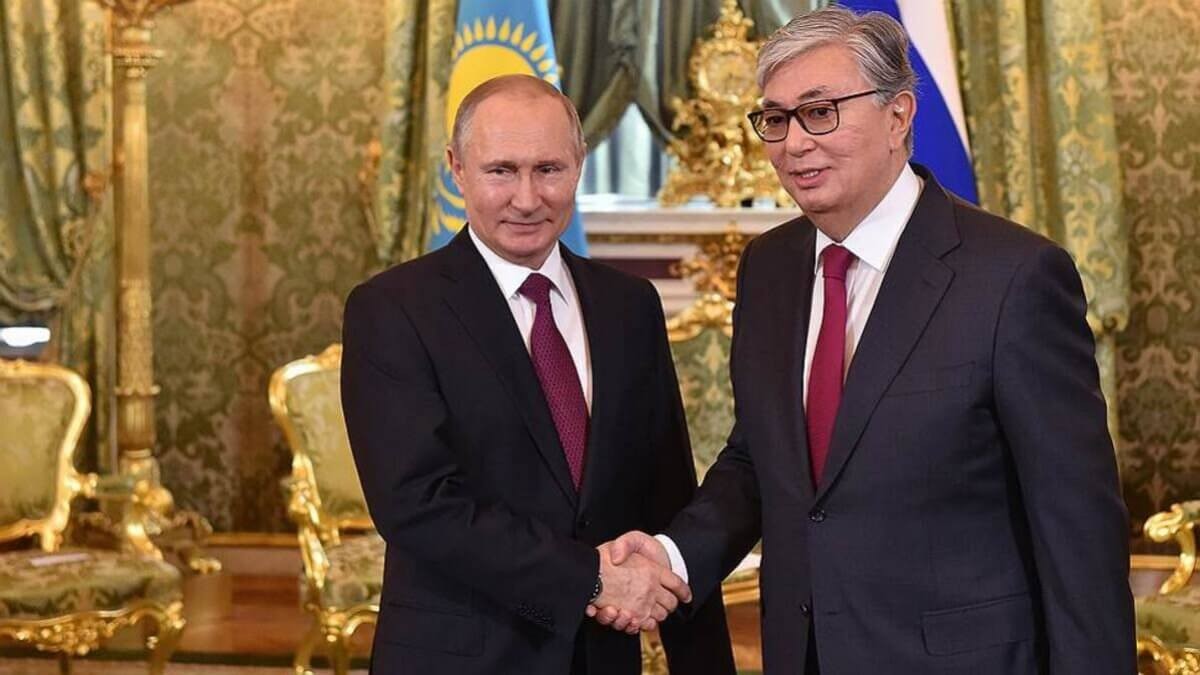Рубрики
МЕНЮ
Gavrylechko Yuriy: NUCLEAR INDEPENDENCE: HOW UKRAINE IS GETTING RID OF RUSSIAN INFLUENCE IN POWER INDUSTRY
Due to the aggression of the russian federation, Ukraine had to face unprecedented challenges and respond quickly to the threats posed by the Russian invasion. The Ukrainian nuclear industry, which, unfortunately, had been dependent on Russia for a long time, was no exception. However, Energoatom began the process of breaking the Russian Federation’s monopoly.
0
In a relatively short time, Ukraine completely refused from cooperating with the aggressor country. This was absolutely a unique experience, since many countries have already refused to buy oil and gas from Russia but Russian nuclear technologies continued spreading around the world and became another leverage gained by Russia in the global context. However, Energoatom demonstrated quite realistic cases how to stop depending on Russia in the nuclear power sector.
Previously, Ukraine had to pay Russia about $200 million annually only for the transportation, processing and storage of spent nuclear fuel from Ukrainian NPPs. However, owing to the construction of our own Central Spent Fuel Storage Facility (the CSFSF), that issue was settled once and for all.
It is worth mentioning that even before the full-scale invasion began, Ukraine had started moving towards such independence. Even martial law did not stop the construction of the CSFSF, and, as a result, the storage facility has been already commissioned to the full extent. Just a few days ago, Energoatom announced that spent fuel from three Ukrainian NPPs has already been transported to the new storage facility.
The President of Energoatom Petro Kotin recently noted that Ukraine saved $150 million this year alone. Savings on spent nuclear fuel transportation and storage fully covered the cost of the storage facility construction. Thus, the saved money can be used to develop domestic nuclear generation.
Today, the share of nuclear energy in the national energy mix is over 55%. Nevertheless, that figure should definitely be increased. After all - nuclear generation is one of the pillars of energy independence and security of our country.
Ukraine has ambitious plans to increase its nuclear capacities from the current 13.8 GW up to more than 20 GW over the coming decades. Several projects are currently underway to achieve this goal. In particular, we are referring to the construction of Khmelnytskyi NPP Units 3 and 4. Civil works can start immediately after a relevant law is adopted by the Parliament. Unfortunately, the draft law has not yet been submitted to the Verkhovna Rada of Ukraine. It is also planned to complete two more new power units based on Westinghouse's AP1000 technology. Energoatom and the U.S. Company already signed the related agreement for purchase of a nuclear reactor for KhNPP Unit 5.
This will be Ukraine’s first-ever non-Soviet (by "origin") power unit. Equipped with a safe and reliable Generation III+ nuclear reactor, the power unit will have a capacity of over 1100 MW.
Another area of development of the global nuclear generation includes introduction of small modular reactors (SMR). Although such work is still underway, Energoatom has already a number of solutions from leading global companies, such as Westinghouse, Holtec, ARC Clean Energy, for the construction of SMRs in Ukraine. In the future, such facilities may be extensively used in the territory of our country during the post-war recovery.
However, Ukraine's most significant achievement in ending Russian influence on the nuclear industry is the refusal to buy nuclear fuel from the aggressor country. Previously, this market was monopolised by Russia. However, this monopoly has been broken.
Currently, Energoatom has switched the reactors of Ukrainian NPPs to Westinghouse fuel. A whole range of engineering measures was taken to ensure the operation of all domestic power units with VVER-1000 and VVER-440 reactors using American fuel. So now the unique Ukrainian experience can be used by other countries seeking to get rid of Russian nuclear influence.
Moreover, Energoatom's cooperation with Westinghouse will cause significant losses to Russia, because, as Petro Kotin argued, if Russia loses its monopoly on nuclear fuel production and construction of nuclear power plants, it may lose more than $100 billion.
Confident first steps have already been taken on this path of production of nuclear fuel using American technology. For example, one of Energoatom's enterprises is currently developing prototypes of components of fuel assemblies (FA), which are necessary for using nuclear fuel in the reactor cores at Ukrainian NPPs.
In addition, Ukraine is continuing the licensing procedure to increase the industrial production of fuel rod bottom nozzles for nuclear reactors based on Westinghouse technology. A similar process is envisaged for fuel rod top nozzles. According to Energoatom's plans, starting in 2026, Ukraine will reach 50% self-sufficiency in nuclear fuel, with the remaining half coming from partners from Westinghouse.
Energoatom has also developed its own design of the VVER-440 fuel absorber assembly, and now, for the first time, Ukraine has its own production facility and, after obtaining a license, Energoatom will be able to produce and supply these absorber assemblies to EU countries that also use this type of reactors.
All of the above are steps, among others, to create our own nuclear technology hub. It will include mechanical engineering and commercial production of main equipment and components for nuclear reactors.
In summary, the Russia's war of aggression against Ukraine has exacerbated the issue of independence of the national nuclear industry from Russian influence. "We have to exclude Russia from the list of players in civilized energy markets - this is the biggest lesson to be learnt," the head of the Ministry of Energy, Herman Galushchenko, has consistently said.
And our country was the first to break Russia's monopoly in the nuclear technology market. The Ukraine's example proves that the EU countries can also overcome their energy dependence on Russia, which will significantly enhance their energy security. After all, cooperation with nuclear terrorists must be stopped forever!
Новости партнеров
Другие материалы автора












